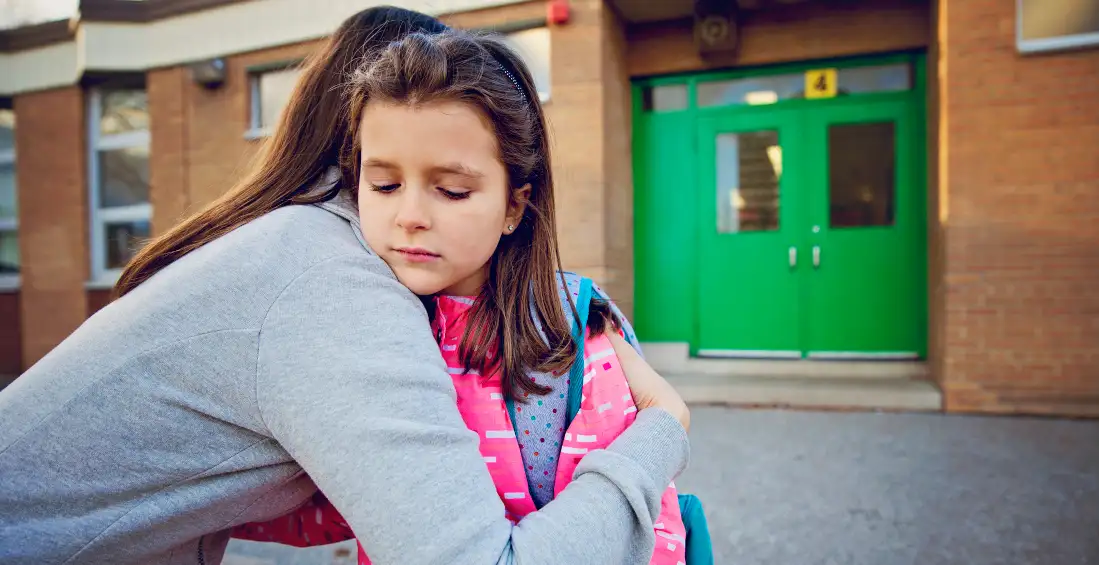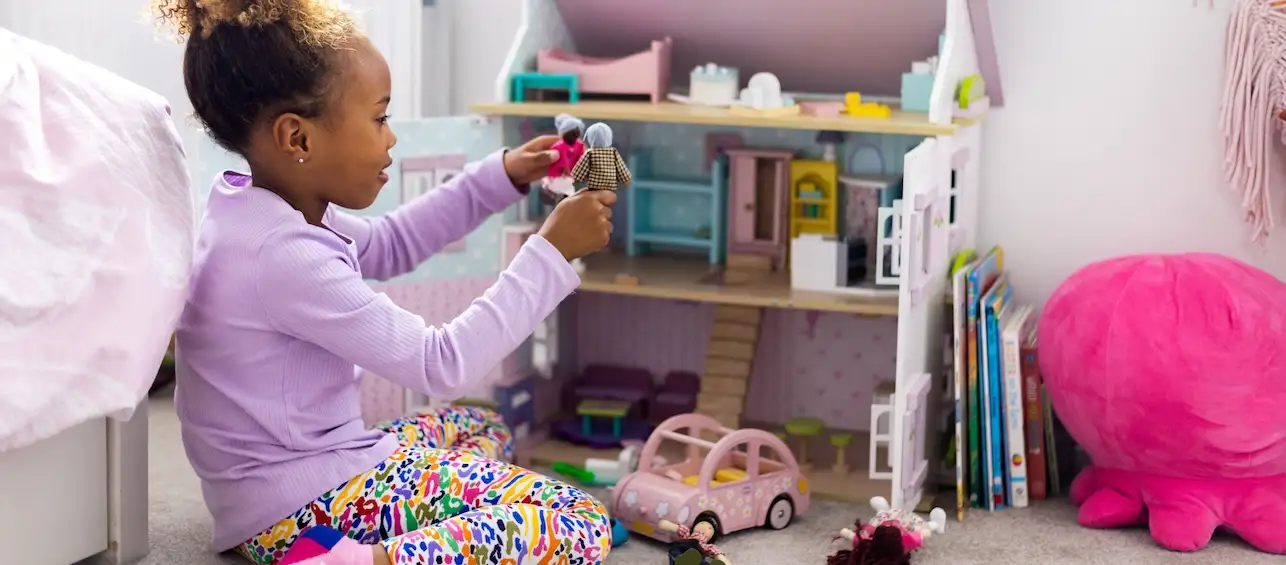School anxiety can look different in different kids. It can appear as headaches and stomachaches, avoidance of certain activities and subjects, and be connected to just about anything school-related: testing-taking, public speaking, and social situations. It’s so common that more than 60 percent of kids will have worries about school at some point.
Happening at any time of year, school-related anxiety can occur around back-to-school, during final exams, and anytime in between. Because it happens so frequently, I’d like to help parents recognize what it looks like and give some suggestions for how to support them at home.
How to Recognize School-Related Anxiety
School anxiety can happen to kids of any age but those who do have it tend to have a lower tolerance for stress and a higher level of anxiety.
- Avoidance
The biggest symptom of school-related anxiety is avoidance. Kids don’t want to go to school and they come up with any number of reasons to skip it. They don’t want to take a test. They don’t like having to answer questions aloud in class. They’re nervous about who they’re going to sit with at lunch.
- Physical symptoms
Kids’ worries can take on many different physical symptoms, which we sometimes call somatic symptoms. It can look like a headache, stomachache, throwing up, or chronic pain. These symptoms can feel very real, but it’s important to remember that they are not actually harmful to their bodies.
How to Help Kids with School-Related Anxiety
Once you’ve determined that your kids’ symptoms are related to anxiety, there are some steps you can try at home to help them.
- Ensure them that they’re okay
Explain that it’s okay to feel nervous; in fact, everyone gets nervous from time to time. We still have to go to school despite having those feelings. Ensure them that they’re safe at school, and if something were to happen, you’re just a phone call away.
- Fight the urge to rescue them
Sometimes parents think that they’re helping their kids by allowing them to skip school to avoid those painful, scary situations. The reality is that this can amplify their anxiety in the long run. In other words, we’re unintentionally reinforcing their fear by confirming that they should avoid the situation because it is scary. Rather, help them face what they’re afraid of.
- Challenge their thoughts
We can help them reframe their thinking by challenging their thoughts. What if that scary thing actually happened? What if you dropped your lunch tray in front of the whole lunchroom? Would everyone stop and stare? Would some people laugh? Yes, those things might happen. But then someone might help you pick up your stuff. And your classmates would probably forget about it the next week.
- Help them know what to expect
When kids know what to expect it can help lessen their anxiety. Do a little digging to determine what exactly they’re nervous about. Is it finding their classroom? Walking the hallways? Eating lunch in a cafeteria? Speaking in front of a group? Then figure out if there’s a way you can help expose them to the environment. Go before school and walk their schedule. Visit the cafeteria. Have them practice speaking in front of your family, and so on.
- Teach coping strategies
A certain level of anxiety is unavoidable, but we can help kids manage it by teaching them strategies. One method I like to use with younger kids is having something in their pockets, like a rock. Every time they get scared, have them touch the rock to remind them that they’re brave and they can do this. Or teach them breathing exercises that they can do anywhere, any time. Learning how to take deep breaths when they’re anxious is an important skill that will help them for the rest of their lives. This website is a great resource for teaching coping skills.
- Create a sense of belonging
Encourage your kids to join a club or sport at school so that they build a sense of belonging. This allows them to meet other kids who have similar interests as them, as well as have a positive association related to their school. Both can help counteract anxiety.
When to Seek Help
If you notice a great deal of avoidance patterns, such as your kids not wanting to go to school each time they have a test, speak to their teachers or counselors about it. See what they are noticing and if there is anything they can do to help address it. It’s also a good idea to fill them in so that they don’t think their behavior is a disciplinary issue. I also recommend speaking to your kids’ doctor. He or she may be able to help rule out any medical issues and/or have recommendations for how to handle it.






